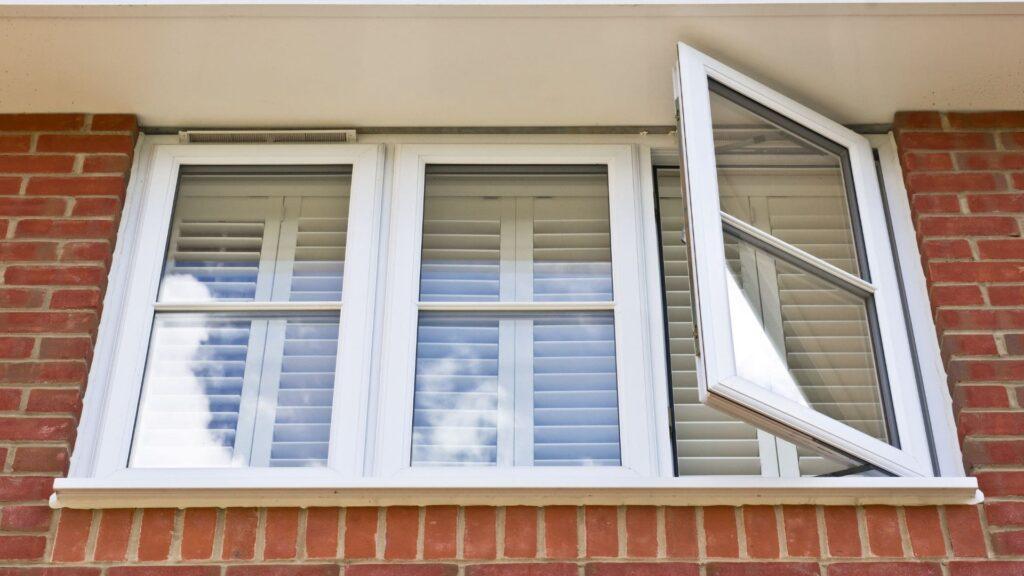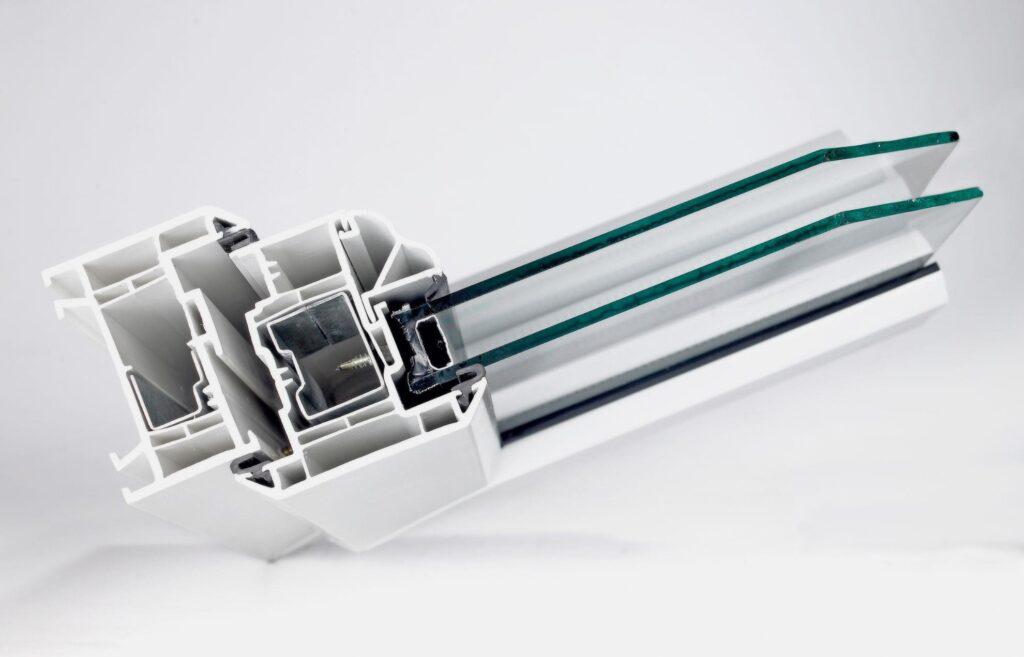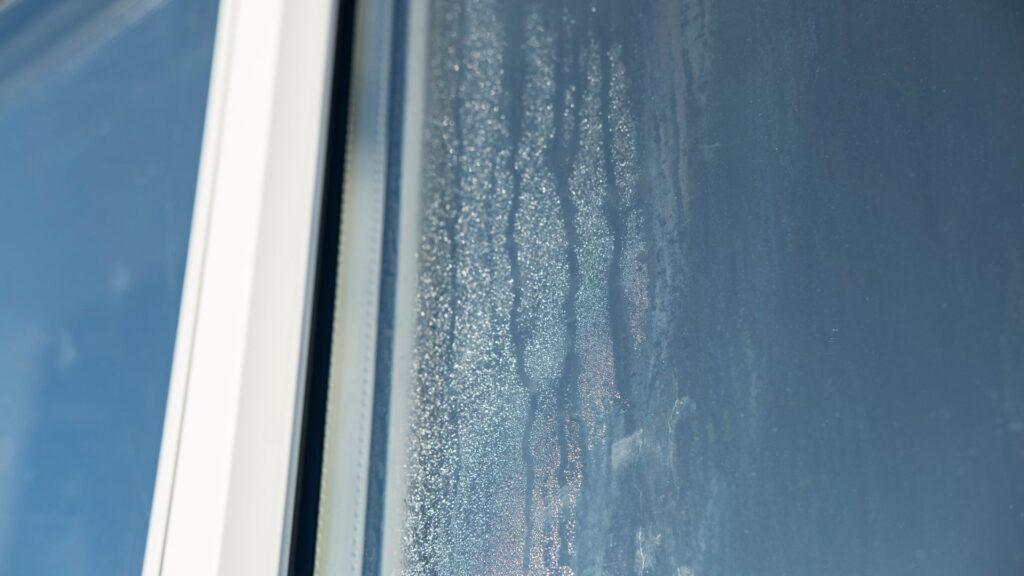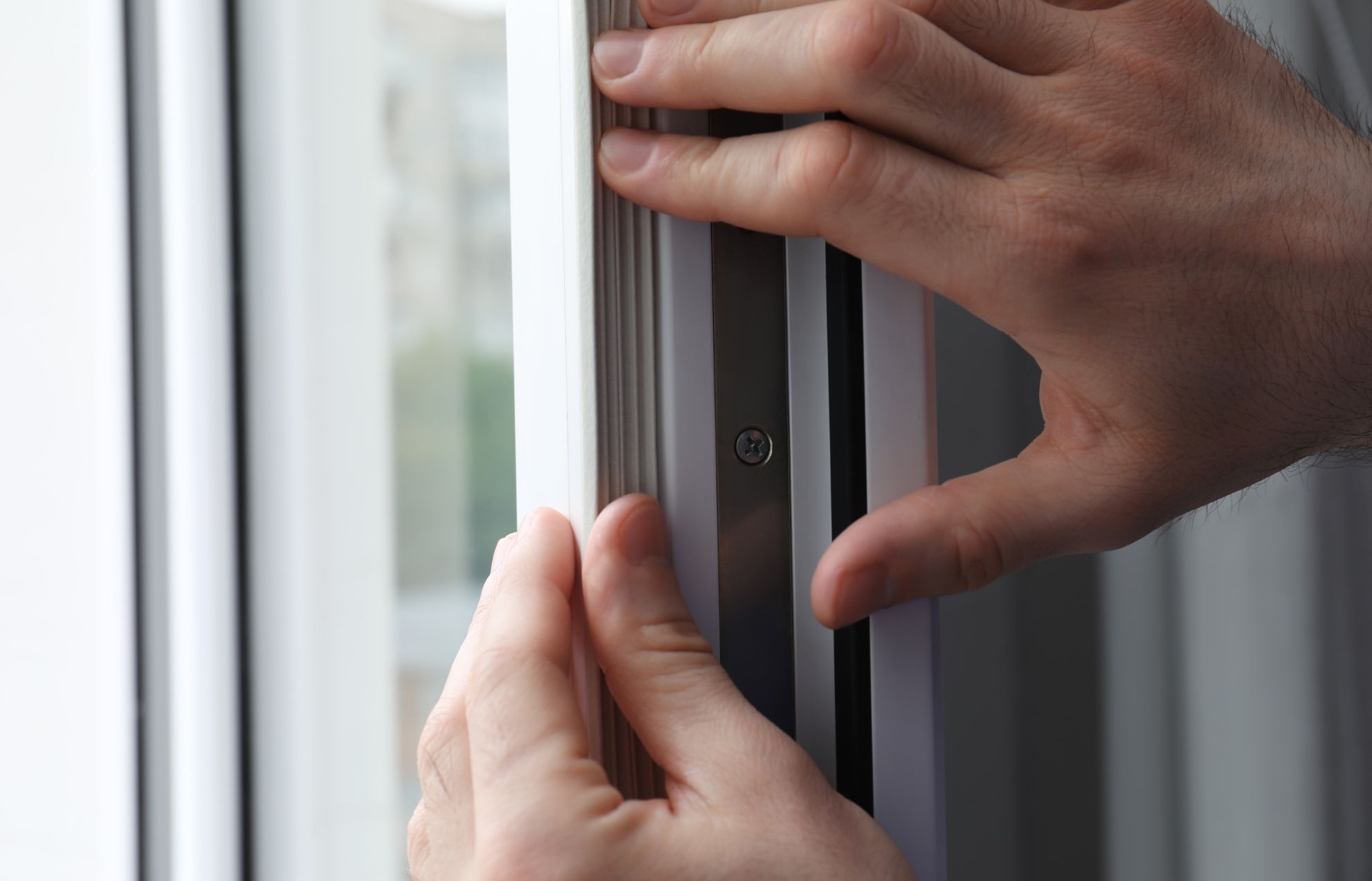How Long Do Double Glazed Windows Last?
Double glazing typically lasts for around 20 to 30 years. However, the exact lifespan of double glazed windows can vary depending on factors such as the quality of the materials used, the installation process, exposure to weather conditions, and maintenance.
For example, south-facing windows often last less than 12 years. This is because the adhesive holding the spacer bars and panes together fails when the spacer bars try to twist due to temperature changes. Once the sealant has failed in one area of the unit, water can get inside the window and condensation, or misting, will occur.
To keep your windows looking great, and performing as they should, it’s important to have regular maintenance checks to promptly address any potential issues.

What Is Double Glazing?
Double glazing consists of two panes of glass separated by a sealed space, typically filled with air or an inert gas, such as argon gas. The space between the panes acts as an insulation layer, reducing heat loss and noise transmission through the window.
Other benefits of double glazed units are increased energy efficiency, reduced energy bills, and any draughts and noise pollution are eliminated.
Double glazing is typically made from high-performance glass and may also include additional features such as low-emissivity coatings, warm-edge spacers, and gas fills to further enhance its insulation properties.

Signs Your Double Glazed Windows Need Replacing
Here are some signs that indicate double glazing failure, and that your windows may need replacing:
1. Condensation between the glass panes
If you see moisture or condensation between the panes, it could be a sign of a seal failure and the windows need to be replaced.
2. Drafts
If you feel drafts around your windows, it could be a sign of air leaks, which can reduce the insulation properties of the windows and make your home less energy-efficient.
3. Difficulty in opening and closing
If you have trouble opening and closing your windows, it could be a sign that the hinges or other components have worn out and need to be replaced.
4. Fogging or misting
Fogging or misting on the inside of the windows could be a sign of a broken seal or other issue that is allowing moisture to get into the unit.
5. Age
If your windows are over 20 years old, it may be time to consider replacement, even if there are no obvious issues, as the performance and efficiency of older windows can deteriorate over time.
Any issues with your double glazing, such as misting or drafts should be repaired or replaced by a double glazing company. Issues with your double glazed units can affect the thermal efficiency of your home, leading to draughts, noise pollution and higher energy bills.
How Long Should Double Glazing Last Before Misting?
So, how long should double glazing last before misting? Double glazed windows should not mist up or fog over the lifetime of the units. If misting or fogging appears in the unit, it’s a sign of a seal failure or another issue that allows moisture to penetrate the unit.

How Long do uPVC Windows Last?
uPVC windows can last for up to 20-35 years or more. uPVC is a durable and low-maintenance material which makes it an excellent choice for windows.
However, factors such as the quality of the materials used, how well the windows have been manufactured, extreme weather, and the quality of the installation can all affect the lifespan of uPVC windows.
Regular cleaning and upkeep can help to maintain the appearance and performance of your uPVC windows.
How Long Do Aluminium Windows Last?
Aluminium windows can last on average around 30-40 years or more. Aluminium is a durable and low-maintenance material that is resistant to corrosion and does not rot or warp. This makes it an excellent material for window frames. which makes it well-suited for use in windows.
As with uPVC windows, the longevity of aluminium windows depends on a variety of factors as previously mentioned.
Windows are not all made or installed in the same way, so ensuring that you replace your windows with high-quality materials, and use a professional double glazing installer is essential.
Summary of How Long Does Double Glazing Last
So, how long does double glazing last? To summarise, double glazed windows last for around 20 to 30 years on average, but ultimately double glazing lifespan all depends on the supplier and fitter.
As experts in the industry, our high-quality double glazed windows offer exceptional levels of energy efficiency using the latest A++ double glazing technology, are highly secure, and are virtually maintenance-free.
Whether you’re looking to upgrade to the most energy-efficient A+ rated windows and highly secure doors on the market, or you’re looking to extend your home with a porch, conservatory or orangery, Phair Windows can help.
Our friendly team are available on 0116 456 0242, or you can request a quote here.
Related Articles:
- How to Choose Windows for Your Leicestershire Home
- How Effective is Double Glazing at Reducing Noise?
- How to Fix Blown Double Glazing & Clear Misted Windows
- When Was Double Glazing Invented?
- How to Tell the Age of Double Glazing
- How to Choose the Best Double Glazing Company in Leicester
- Cost of Double Glazing a 3 Bed House UK
- How Long Does Double Glazing Last?
- 10 Double Glazed Windows Benefits
- Cost of Double Glazed Sash Windows
- Will New Double Glazed Windows Save Energy?
FAQs about How Long Does Double Glazing Last?
Triple glazed windows typically last for around 20-30 years, although the exact lifespan can vary depending on different factors. These factors can be the quality of the materials used, the installation process, exposure to weather conditions, and maintenance.
The lifespan of double glazed glass is 20-30 years.
Signs that your double glazing needs replacing are condensation between the panes of glass, draughts, and difficulty opening and closing the windows.
It depends on the current condition of the double glazing and the benefits you hope to gain from replacing it. If the double glazing is still in good condition and functioning properly, there may be little need to replace it. However, if it is damaged, has condensation issues or is not energy efficient, it may be worth considering replacement. Additionally, if you hope to improve the energy efficiency of your home, enhance the security, or update the appearance, then replacing the 20-year-old double glazing may be a worthwhile investment.
The lifespan of uPVC double glazing typically ranges from 20 to 25 years. However, the actual lifespan of uPVC double glazing can vary depending on various factors such as the quality of the material, the type of glazing, the quality of installation, and the level of maintenance. Properly maintained uPVC double glazing can last longer than 25 years, while low-quality materials and poor installation can reduce the lifespan.
uPVC window frames have a lifespan of approximately 20-25 years with proper maintenance. However, the actual lifespan can vary based on factors such as exposure to the elements, usage, and quality of the frames.












